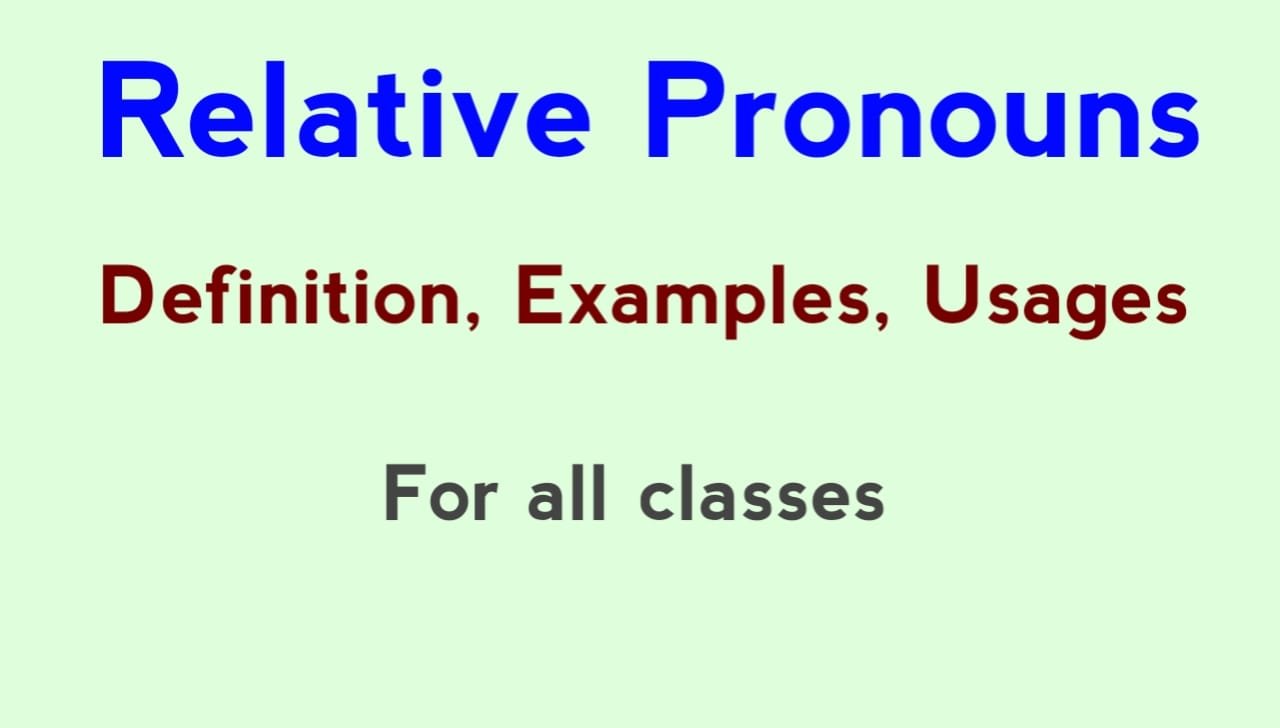Each, either, and neither are Distributive Pronouns. Distributive Pronouns: Definition, Usage, Examples are discussed in the following.
Contents
show
Distributive Pronouns
Each, either, and neither are called distributive pronouns because they separate one person or thing from a group:
(1) Each of the girls has done hard work.
(2) Neither of them was present.
Definition, Usage, Examples of Distributive Pronouns
(a) Either and Neither is always used for two persons or things.
(1) Either means each of the two:
- Either will do it.
(2) Either also means one or the other of the two:
- Either of you may go there.
(3) Neither means not either:
- Neither of them was present.
People also read:
| Personal Pronoun | Interrogative Pronoun |
| Possessive Pronoun | Distributive Pronoun |
| Demonstrative Pronoun | Reflexive & Emphatic Pronoun |
| Relative Pronoun | Indefinite Pronoun |
(b) Each is used of any number:
- Each of the two boys was fined.
(c) Each is always singular if it has no antecedent:
- Each had his own ideas.
(d) when the antecedent is plural, each also is plural:
- The boys each have done their work.
(e) Distributed Pronoun takes singular pronouns and verbs:
- Neither of them is ill.
- Each of the girls has done her work.
Check also:







